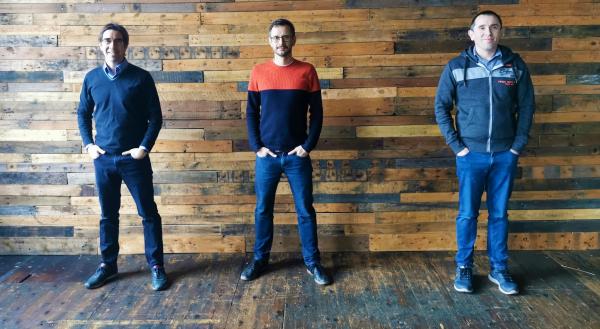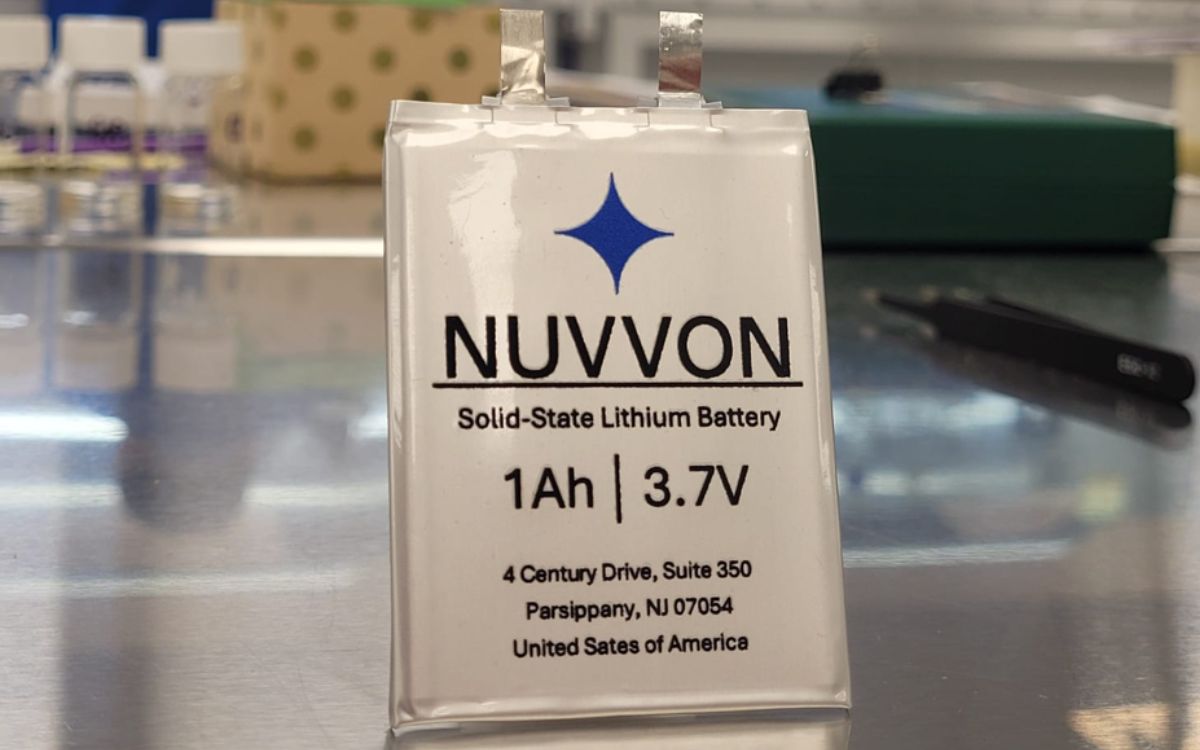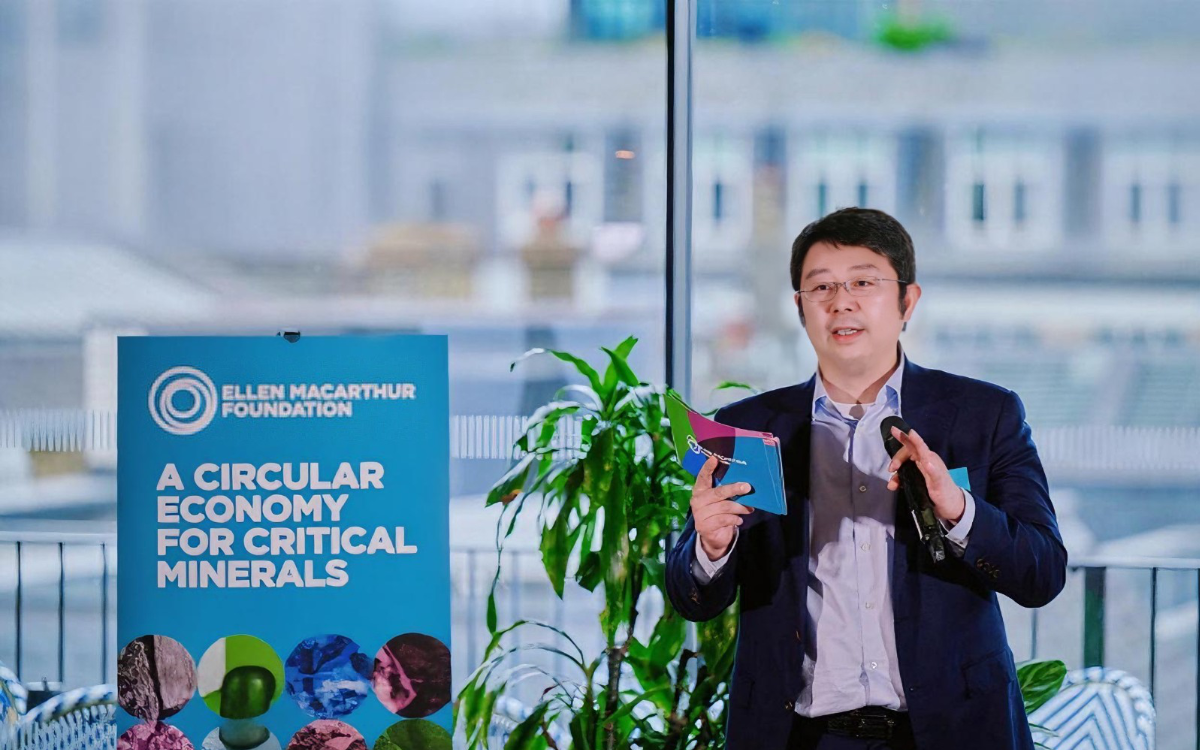UK-based tech start-up Enee.io has been awarded a £170,000 ($229,000) grant to further develop its remote lead-acid battery monitoring technology.
The six-figure grant from the research agency Innovate UK’s Sustainable Innovation Fund will enable the employment of two full-time software developers as the firm gears up to take the product to market in the UK and internationally.
The company plans to take its technology, which delivers automated and remote monitoring of small to medium-sized industrial battery systems used in back-up power for critical infrastructure and renewable power systems, to developing countries such as Nigeria.
The firm’s system uses IoT technologies, data analytics and cloud-based software to constantly and remotely monitor battery health, which can replace existing monthly or annual technician visits.
The need to manually complete and administer inspection paperwork is also removed via a mobile app.
David Smith, founder & CEO at enee.io said the grant would enable the company to expedite the development process and bring forward the launch of a viable product, which they believe will have a significant impact on both the future of industrial battery management in the UK and the uptake of renewable power globally, particularly in developing economies.
Smith told BEST: “We are currently focused on lead-acid, but the platform will work with any technology. Had to pick somewhere to start, and our back ground is lead-acid.
“We use simple IoT monitors, one on each battery. They send their data to a central gateway that forwards it to our online analytical systems. From there we are able to analyse the data and provide the user with predictive alerts and guidance on corrective action. It’s designed to be simple to install and use because one of our target markets is renewable power in developing countries, such as Nigeria, so we need to be able to ship it out and have the user install it with minimal tech support.”
Innovate UK, as part of UK Research and Innovation, is investing up to £191 million ($256.5 million) to fund single and collaborative research and development projects as part of the Sustainable Innovation Fund over the next two years.












